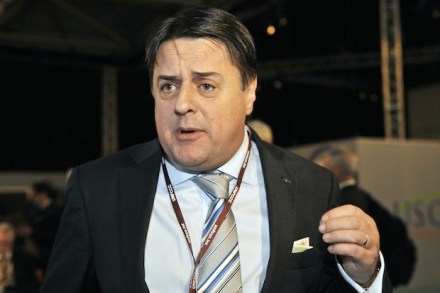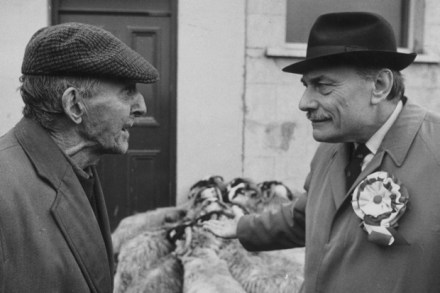Nick Clegg: Tory benefit plan is ‘Chinese-style family policy’
Did Nick Clegg recite his entire Andrew Marr interview from memory? The Deputy Prime Minister managed to cram so many soundbites into his answers that anyone wondering what the months in the run-up to the 2015 generation election will be like will have sunk into a pit of misery at how dull and formulaic it is all going to be. Thank goodness for those trouble-making Tory MPs with their letters who are at least trying to make things a bit more unpredictable, eh? As well as doling out his favourite lines such as ‘flirting with exit’ ‘the Conservatives have decided to swerve wildly in this direction and that’ and the




















